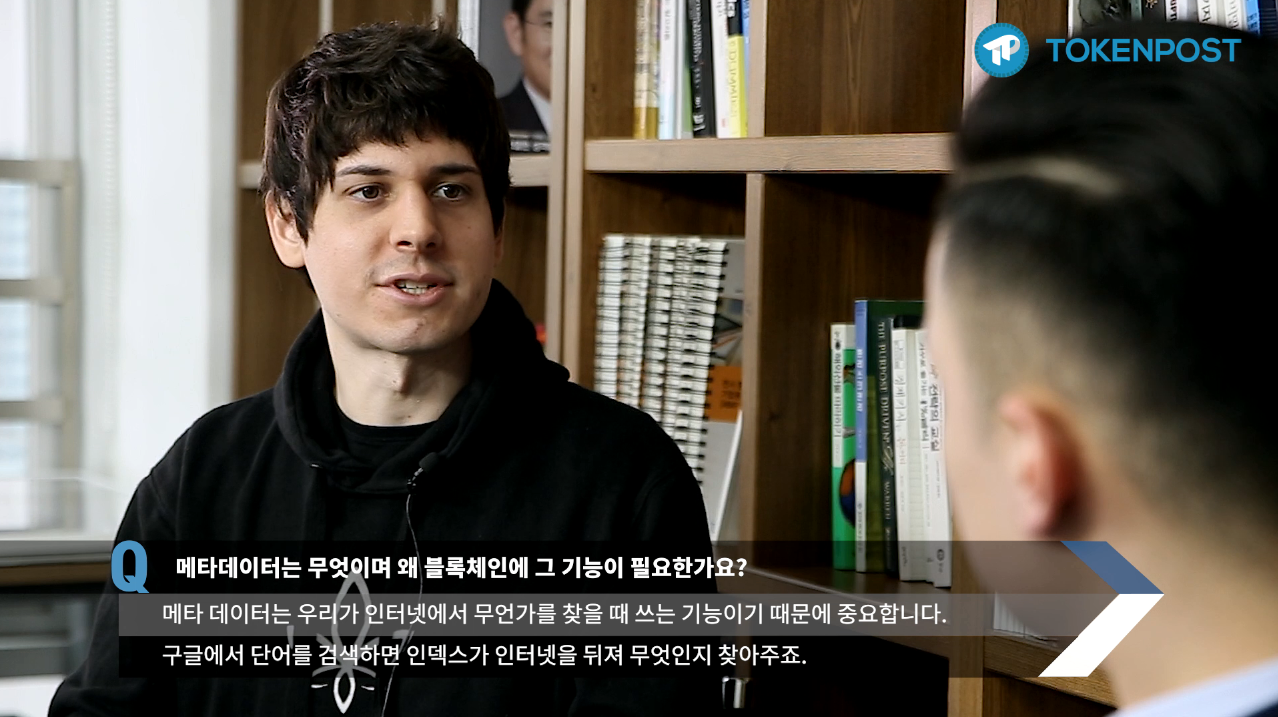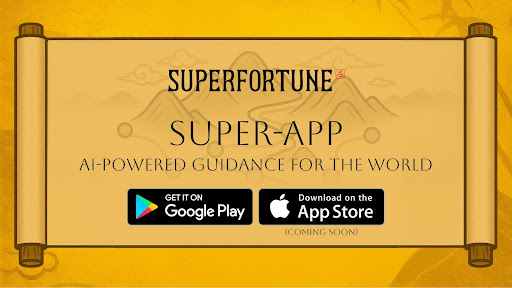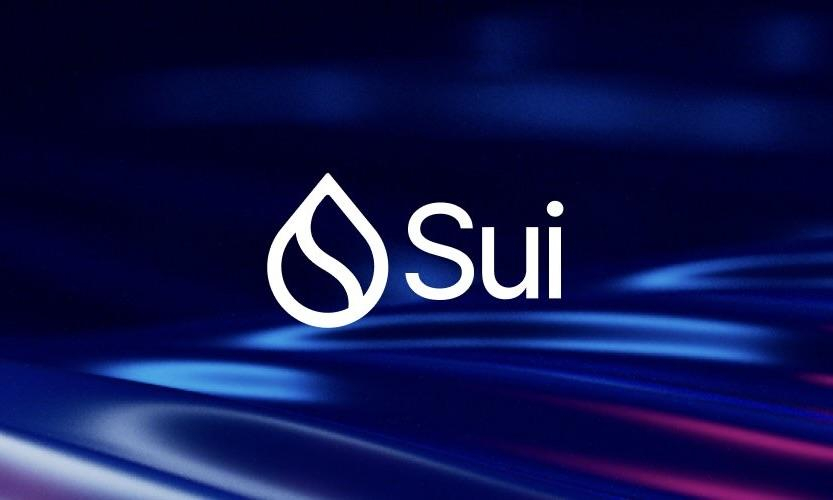“I would define Alexandria as ‘iTunes for everything’. You can put any content on it. It’s open for anyone to participate, and the protocol of OIP gives content creators the ability to monetize their work in a way that iTunes and Youtube wouldn’t be able to do.”
Joseph Fiscella, Co-Founder of Alexandria and Lead Developer of FLO blockchain
Released on 17 June 2013 with no pre-mine and no ICO, the FLO blockchain is a public record for Dapps (decentralized applications) that introduces a metadata layer allowing for quick and easy reading and writing to the blockchain.
Among a number of Dapps already building on FLO--including Caltech’s Electron Tomography Database, Medici Land Governance, and PUBLISH, Inc.--Alexandria seeks to create a decentralized library of media content where anyone can publically upload and monetize their content using the FLO blockchain.
TokenPost sat down for an interview with Joseph Fiscella, Lead Developer of the FLO blockchain and Co-Founder of Alexandria.

Q: Can you tell us about yourself?
I’ve been a developer my whole life. I started programming at the age of eleven, and I used to teach programming to high school students. I graduated with a software engineering degree, and my first job out of college was at a website development company in Manhattan. It was then that I started learning about Bitcoin. I even built my own mining machines, and while I was looking for coins to mine, I came across FLO. Since this was before Bitcoin had a metadata feature and before Ethereum existed, I thought FLO was great in its attempt to create a decentralized data storage using blockchain.
Q: What is FLO and how is it different from other cryptocurrencies?
FLO maintains its focus on metadata. The idea is to take metadata, put it on the blockchain and make it decentralized. This way we can create a searchable index for content. The purpose is to make sure that the metadata that points to the content is indexed and publically available to everybody.
Q: What is metadata and why do we need it on blockchain?
Metadata is important because it is the way we find things on the internet. With blockchain, we can make sure content is never lost or owned by a single company.
Q: How does the OIP take the differences between content formats into account?
At the base protocol level, the OIP requires the content creator to sign the transaction with his or her key. Beyond that, you can create your own dynamic record type, which means you can create your own fields and structures. Thus, the format is irrelevant, although it would be in users’ best interest to go with a prevailing standard.
Q: Alexandria is a project striving to create a decentralized library. In your own words, how would you define Alexandria?
I would define Alexandria as ‘iTunes for everything’. You can put any content on it. It’s open for anyone to participate and the protocol of OIP gives content creators the ability to monetize their work in a way that iTunes and Youtube wouldn’t be able to do.
Q: Will my right to be forgotten be kept within the Alexandria platform?
With blockchain and especially for networks based on Bitcoin, you can’t delete things that are on the blockchain. But as protocol providers we would make it easy for people to delete references to the content. There is a blacklist and a whitelist system where you can stop content from showing up on third-party applications.
Q: Other than Alexandria, what are some other Dapps built on FLO that are currently up and running?
The biggest production application we have is the Caltech Electronic Tomography Database. The project provides open access to Tomography research data and establishes data authenticity and provenance.
Q: How do you feel about the Korean blockchain development market?
It’s great. On the regulatory side, I believe it is much better to be open and let a thousand flowers bloom than to be restrictive. But on the tech side, it’s great. Personally, I really like Aergo.

























Comment 19